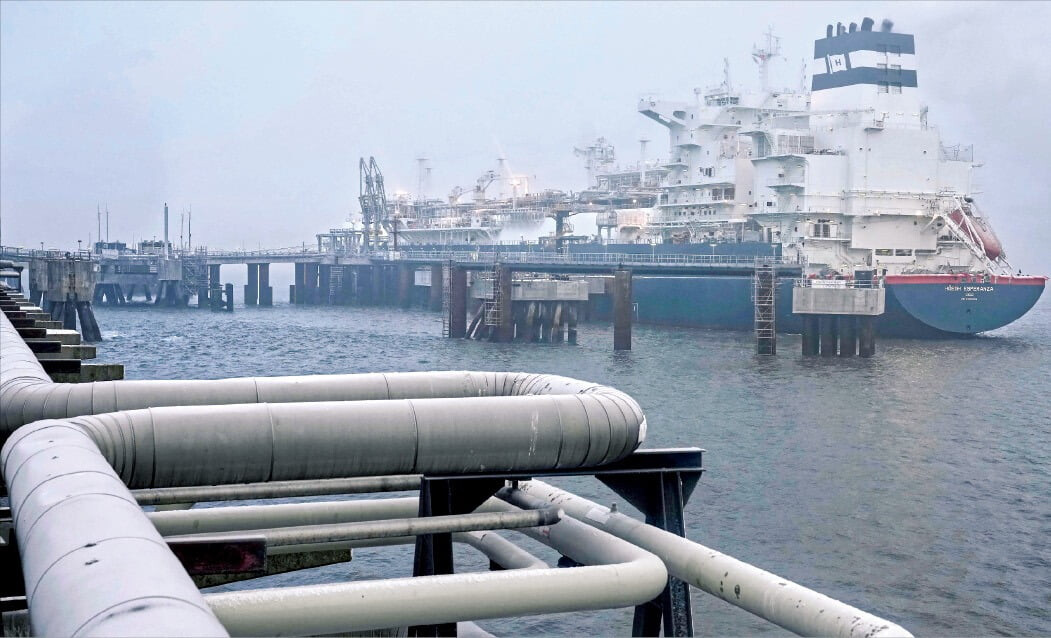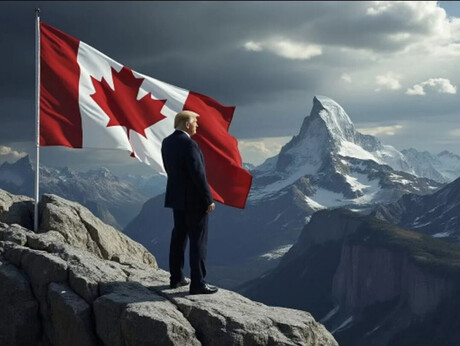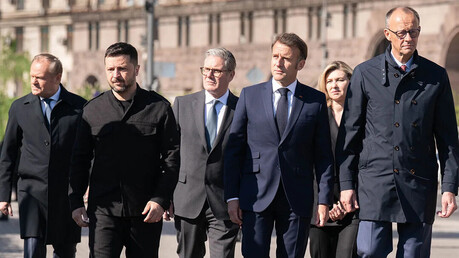
Moscow, Russia – Amid growing Western scrutiny of their deepening energy ties, Russian experts and officials are forecasting a significant expansion of natural gas cooperation with China, with a particular focus on Chinese involvement in new liquefied natural gas (LNG) projects. This comes just ahead of a high-stakes visit by Russian President Vladimir Putin to Beijing, where he is expected to hold a summit with Chinese President Xi Jinping.
The optimism is palpable among Russian energy analysts. According to the state-owned news agency RIA Novosti, the potential for collaboration is "enormous," with China showing "definite interest" in participating in new Russian LNG ventures. This sentiment is reinforced by the presence of key energy executives from both nations in the delegation accompanying Putin, signaling that energy—and specifically gas—will be a top priority on the agenda.
In a recent interview with China's Xinhua news agency, Putin highlighted Russia’s established position as a leading energy supplier to China. He noted the success of the "Power of Siberia" gas pipeline, which began operations in 2019, and mentioned that the "Far East" pipeline is slated to start in 2027. He also confirmed ongoing cooperation on Arctic LNG projects, a crucial area for future growth.
New Projects and Strategic Partnerships
The potential for new joint ventures is a key part of the discussion. According to Sergey Kolobanov, deputy director of the Center for Economics of the Fuel and Energy Complex, there is a "significant possibility" that Russia's supply of LNG to China, which currently ranks as the fourth-largest provider, could increase substantially. This is echoed by Dmitry Skryabin, a portfolio manager at Alfa Capital, who noted that China could take part in new projects by Russia’s largest independent natural gas producer, Novatek, including the Murmansk and Ust-Luga ventures.
Both Russian Energy Minister Sergey Tsivilev and Deputy Prime Minister Alexander Novak have confirmed that discussions are underway regarding Chinese companies joining these new Novatek LNG projects. Additionally, the parties are expected to discuss increasing gas supplies via the existing Power of Siberia pipeline and future deliveries through the proposed "Power of Siberia 2" pipeline, which would significantly reroute gas flows from Western Siberian fields to China.
This deepening collaboration is a direct response to Western sanctions imposed on Russia following its military intervention in Ukraine in February 2022. These sanctions have severely restricted Russia’s ability to export gas to its traditional European markets, forcing a strategic pivot toward Asia, with China at the center.
Circumventing Sanctions: A Successful Case Study
Evidence of this pivot's success is already emerging. Bloomberg recently reported that a Russian LNG carrier, the Vladimir Vize, successfully delivered a cargo from the Arctic LNG 2 facility—a project facing strict U.S. sanctions—to China's Beihai LNG terminal. The vessel reportedly offloaded part of its cargo before departing the terminal.
This transaction is seen as a significant breakthrough and a potential blueprint for future trade. It demonstrates Russia's and its partners' ability to find workarounds for Western sanctions, utilizing a "ship-to-ship" transfer and other logistical maneuvers to obscure the origin and destination of the cargo. The Arctic LNG 2 project, in particular, has faced immense challenges, with sanctions targeting its financing and specialized ice-class LNG carriers. Chinese involvement in the project's ownership and future offtake agreements is considered critical to its viability.
The Broader Geopolitical and Economic Context
This burgeoning energy partnership is a cornerstone of the broader "no-limits" strategic relationship between Moscow and Beijing. For Russia, it provides a vital new market to offset the loss of European revenues, ensuring a stable source of foreign currency and a long-term future for its vast natural gas reserves. For China, it secures a reliable and potentially more affordable energy supply from a neighboring country, reducing its reliance on more distant and politically volatile regions.
However, challenges remain. The construction of new pipelines like Power of Siberia 2 requires massive investment and could face logistical and environmental hurdles. Furthermore, while Russia is eager to sell its gas, China’s negotiation leverage is high, potentially leading to pricing disputes. The success of this partnership hinges on both nations' ability to navigate these complexities and solidify an economic and political alliance that directly challenges the West's attempts to isolate Russia. The outcome of Putin's visit to Beijing will provide a clear signal of just how far this cooperation is set to go.
[Copyright (c) Global Economic Times. All Rights Reserved.]






























